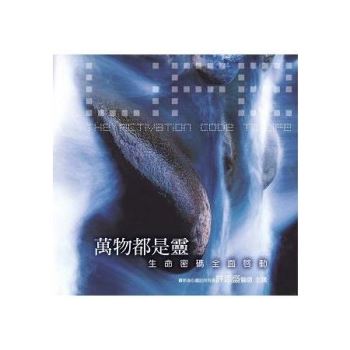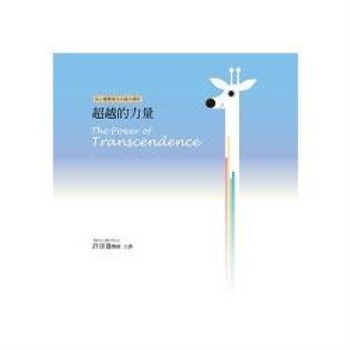This book surveys the Greek fathers' interpretations of the Gospel of John from the earliest surviving commentary (Heracleon, c. 170) up to the early fifth century. It examines key themes and passages from the gospel and the varying methods of exegesis applied to them by different commentators, giving special attention to the contrast between the schools of Alexandria (notably Origen and Cyril) and of Antioch (Theodore of Mopsuestia and John Chrysostom). Maurice Wiles identifies the distinctive insights of each commentator and teases out the rich diversity of interpretations that flourished in this early period. This discussion is set within the wider context of early Christian thought, including the controversies between the Gnostic, modalist and monarchian heresies and 'orthodox' Nicene doctrine.
| FindBook |
有 1 項符合
The Spiritual Gospel: The Interpretation of the Fourth Gospel in the Early Church的圖書 |
 |
The Spiritual Gospel: The Interpretation of the Fourth Gospel in the Early Church 作者:Wiles 出版社:Cambridge University Press 出版日期:2006-03-16 語言:英文 規格:平裝 / 196頁 / 21.6 x 14 x 1.3 cm / 普通級 |
| 圖書館借閱 |
| 國家圖書館 | 全國圖書書目資訊網 | 國立公共資訊圖書館 | 電子書服務平台 | MetaCat 跨館整合查詢 |
| 臺北市立圖書館 | 新北市立圖書館 | 基隆市公共圖書館 | 桃園市立圖書館 | 新竹縣公共圖書館 |
| 苗栗縣立圖書館 | 臺中市立圖書館 | 彰化縣公共圖書館 | 南投縣文化局 | 雲林縣公共圖書館 |
| 嘉義縣圖書館 | 臺南市立圖書館 | 高雄市立圖書館 | 屏東縣公共圖書館 | 宜蘭縣公共圖書館 |
| 花蓮縣文化局 | 臺東縣文化處 |
|
|
圖書介紹 - 資料來源:博客來 評分:
圖書名稱:The Spiritual Gospel: The Interpretation of the Fourth Gospel in the Early Church
|











